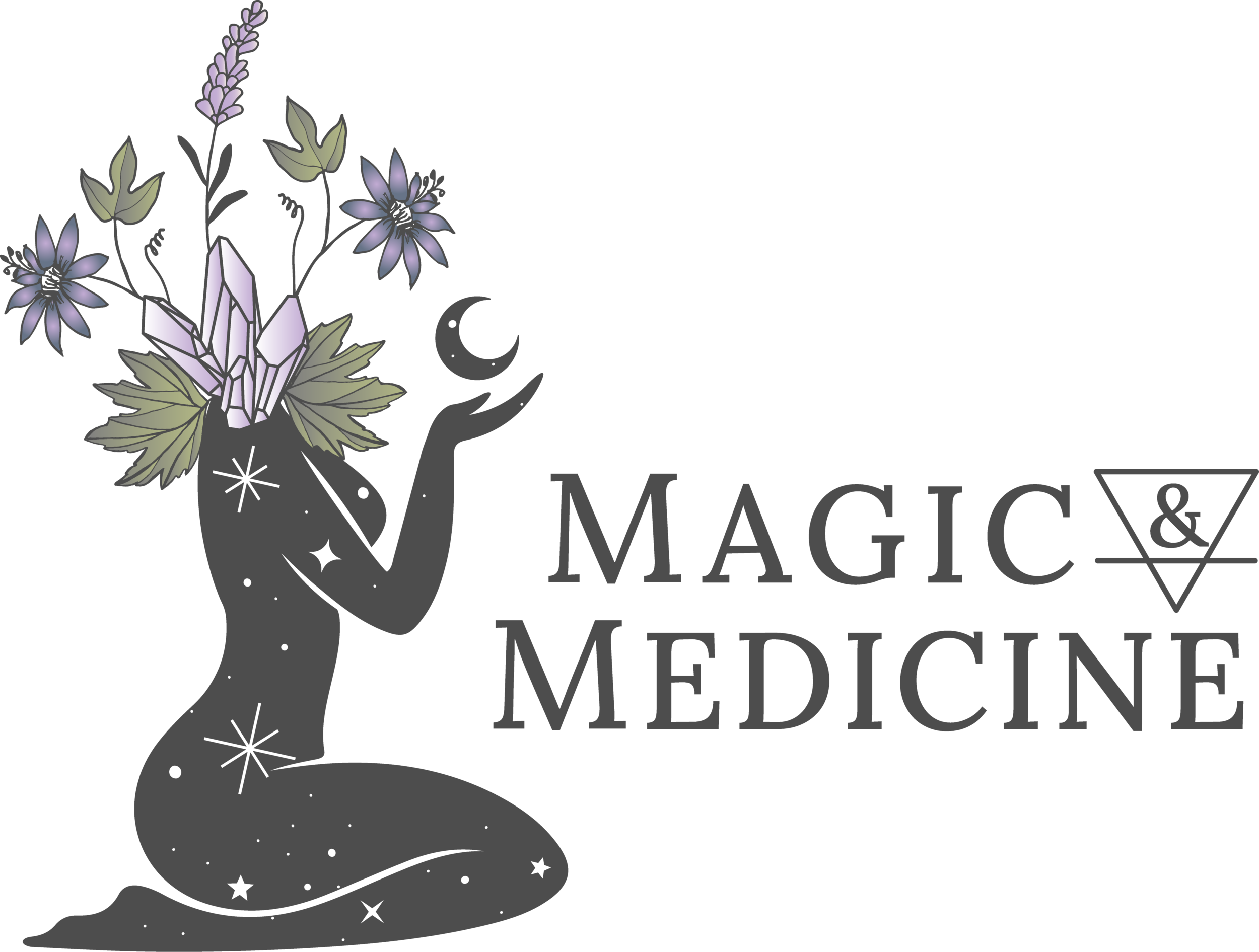Holistic support for surgery
Food as Medicine
If you're reading this, the chances are you live in an area of the world with access to medical care, and that during a stage of your life you will need to have some type of surgery; whether its to correct ill health or for cosmetic reasons. Often the thought of upcoming surgery can make people feel nervous and apprehensive; perhaps because of the fear of the unknown or worries about how your body will recover and heal. It makes sense then, to prepare yourself for both your surgery and your recovery period.
Here are my tips for holistically supporting yourself before and after surgery (always check suggestions with your medical specialist/Dr to ensure there is no contraindications).
Create a comfort pack: After surgery you are bound to have to stay a few days in hospital. Why not make your stay more pleasant by creating a comfort pack to take with you? This will help you feel happy and pampered whilst you are recouping. As long as the hospital allows, some things to think about including could be: some nice soaps or lotions, a music list on your phone or iPod, some of your favourite herbal teas, a portable diffuser and essential oils to make the room smell lovely, some reading material, objects that make you feel comforted (photos, a shawl or blanket, small objects that have a sentimental meaning), some rescue remedy or homeopathic arnica spray/tablets to help with healing.
Don’t over do it: It is important that you continue to get as much sleep as you need every night and to rest when you feel fatigued. Ensuring that you are rested will help to keep you in optimum health for your upcoming surgery.
Practice mindfulness and positive visualisation: Meditation can help centre and calm you before and after surgery. Positive visualisation and/or affirmations can also be of help to keep you feeling optimistic and focused on a good health outcome. There are lots of wonderful meditation apps you can download on to your phone for your hospital stay.
Healing oils: There are a few carrier oils and essential oils that are wonderfully healing for the skin and help to lessen visible scar tissue. Carrier oils such as Evening primrose, Rosehip, Wheatgerm and Tamanu oil are all safe to apply and will help with tissue regeneration and lessen scaring. Essential oils that you can blend in with the carrier oils for wound healing are; lavender, chamomile, geranium, frankincense, thyme and ylang ylang. Check for allergies or sensitivities before use.
Check your medications and supplements: It is always advisable that you check your current medications and/or supplements/herbal remedies with your Dr, prior to surgery. As there may be possible interactions when undergoing surgery. Stop all of your supplementation, 2 weeks prior to surgery or as advised by your Dr.
Eat seasonal and fresh before and after surgery: Variety is important in order to get the optimum amounts of flavonoids, antioxidants and vitamins. Aim for 5 servings daily. (1/2 cup equals one serve).
Increase nitric oxide rich foods after surgery: Foods rich in nitric oxide will help with bringing blood flow and oxygen to the cells, enhancing healing. Foods that contain nitric oxide are: beetroot, dark cocoa, spinach, oranges, watermelon, walnuts and pomegranate.
Increase protein and calories: The body can need an increase of up to 20-50% more protein and calories after surgery, so start increasing your intake prior to your operation. Protein provides the body with amino acids which are the building blocks for your tissues, helping your skin to regenerate faster. Foods such as meat, chicken, dark leafy greens, beans, eggs and bone broth are a good ideas.
Keep foods simple to support digestion: You want your digestive system to be in good working order, so prior to surgery, eat simple, easily digestible, nutrient dense foods such as: smoothies, broths, juices and soups. These foods are also perfect to eat when recovering from surgery.
Vitamin C rich foods: Vitamin C is needed for antioxidants, collagen production, protein metabolism and helps with immunity. Good food sources are: Green leafy vegetables, strawberries, oranges, kiwifruit and broccoli. Two pieces of fruit per day will give you the vitamin C you need. It is a good idea to incorporate more of these foods into your diet before surgery.
Try buckwheat: Buckwheat is a great source of rutin, a natural bioflavonoid that’s known to strengthen blood vessels, so its a good food source to incorporate after surgery. You can use it in place of couscous and rice or try it at breakfast by making delicious buckwheat pancakes.
Immune boosting foods: Incorporating foods that help boost and support the immune system would be beneficial, these foods are usually highly anti inflammatory too. Foods and spices such as, onion, garlic, ginger, turmeric, black pepper, cumin, coriander, rosemary and cinnamon all help to reduce inflammatory markers within the body and have anti oxidant properties.
Good nutrition, rest and a positive frame of mind will all help to support you to feel at your best before surgery and during your recovery period. Don't forget to enlist the help of family and friends with childcare and/or household chores, so that you can rest as much as you need. It can take a few days or weeks after surgery for you to feel “normal” again, so be gentle on yourself and don't push yourself too hard or get frustrated. I hope this article is of use and I wish you the best of luck with any upcoming surgeries. Please use the booking page if you would like more information and/or a comprehensive and personalised approach to healing after surgery.

